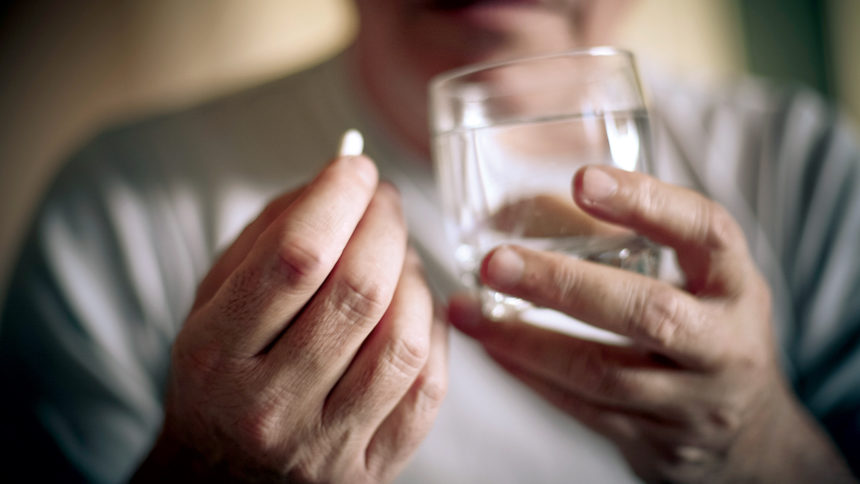
Doctors typically recommend taking low-dose aspirin after a heart attack. Not doing so in the long term is linked to a higher risk of having another heart attack, a stroke or dying, a new study finds.
The study, published in European Society of Cardiology, came out Tuesday.
“We recommend that all patients who have had a heart attack stay adherent to their aspirin in accordance with guidelines until randomized controlled trials have proven otherwise and clinical guidelines have been changed,” said Anna Meta Kristensen, a researcher at Bispebjerg and Frederiksberg Hospital in Frederiksberg, Denmark.
“Most people should be on lifelong aspirin after a heart attack,” said Deepak Bhatt, MD, director of Mount Sinai Heart and professor of cardiovascular medicine at the Icahn School of Medicine in New York City. He wasn’t involved in the study.
“Long-term adherence to medication is a problem worldwide, including in the USA, and this is true even for inexpensive drugs such as aspirin, which can be life-saving in heart attack patients,” Bhatt said.
Researchers looked at data on more than 40,114 people aged more than 40 years who had their first heart attack between 2004 and 2017. Then they followed up with them at two, four, six and eight years post-attack to see whether they were still taking aspirin. People taking other blood thinners weren’t evaluated.
Two years after their heart attacks, 90% of the people still took aspirin on a daily basis. At four years, the number dropped to 84%, and they decreased to 82% at six years. Eight years after their heart attacks, 81% of the people were still taking aspirin consistently.
When they checked in on participants at the various follow-up times, the researchers found that those who didn’t take aspirin regularly were more likely to have another heart attack, have a stroke or die. Those who didn’t take aspirin had a 29% higher likelihood of another heart attack or stroke at two years after the study. That percentage went up to 40% at four years, then down to 31% at six years. At eight years after their first heart attack, people who didn’t regularly take their aspirin had a 20% higher likelihood of another cardiovascular event or death.
The scientists caution that they didn’t study why people stopped taking aspirin. They said that their results can’t prove that not taking aspirin caused people to have a heart attack, a stroke or die.




